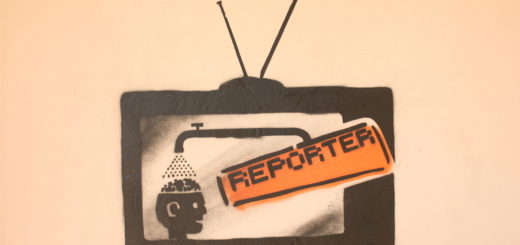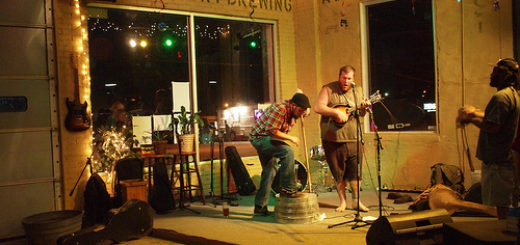PETITE MAMAN @Nashville Film Festival
Her name is Josephine Sanz, or, as she would say it, elle s’appelle Josephine Sanz. She is a young French lady, all of about ten years old, and she exudes confidence and comfort on screen, especially as she anchors one of the warmest, most delightful films I’ve seen in many a year, Celine Sciamma’s Petite Maman.
Written and directed by Sciamma, Petite Maman (which, for the benefit of the Gallic impaired, means Little Mommy), is a very close, intimate look at the lives of a family in transition. Sanz is Nelly, and she goes (we gather) on such regular visits to see her grandmother at a nursing home that she and her mother have their entire trip framed as a set of rituals—“Le snack”, for instance, wherein Nelly feeds her mom some form of French snack food (Les Cheeteaux?) one at a time from the back seat. We can tell there’s a close bond here, a real love. With our POV basically being that of someone in the passenger seat of the car, it’d be hard to miss.
Unfortunately, we’re seeing the last of these trips, as the grandmother dies shortly after this visit, which leads to the next car trip mother and daughter take—to the grandmother’s house, which must be emptied out as the family will now be selling it. (I must admit, this plot point left me scratching my head, and assuming there is some piece of French sociology I’m unaware of: if the grandmother was now at a nursing home, why was the house still furnished? But I digress.) Nelly and her father and mother begin moving the furniture, boxing up the books, etc, when the mother suddenly leaves the house, for an unspecified time, for an unspecified reason.
The dad and Nelly are now fending for themselves, and Nelly, too small I suppose to be tasked with much of the real work, drifts outside a lot. One day, while she’s out in the back yard, building a tree fort, she makes the acquaintance of Marion, a girl about the same age as she is (played by Jospehine’s sister Gabrielle). Marion, it happens, is also building a tree fort, so, the girls, who get along famously from the first moment, decide to pool their efforts and build together. Marion invites Nelly to her house, which she refers to as being “a l’autre cote”, or “on the other side”; between that and Marion’s home looking almost exactly like the grandmother’s home, I took this to mean that the two families lived in some version of a duplex.
The majority of this film depicts the deepening friendship between the two girls, who enjoy the same books, the same games, and even have the same style of pretending (Marion plays le detectif, Nelly plays the wealthy widow whose murdered husband ran “une factoire de Coca-Cola”). These two girls have a lot in common; basic exposition shows us that, and we can infer it ourselves—they even look similar (they are, after all, being played by sisters). Then Nelly finally meets Marion’s mother, and realized two overwhelming coincidences about her: the mother has the same first name as Nelly’s recently-departed grandmother, and uses the same highly specific model of cane to walk with that her grandmother did. Which is because she has the same condition (never specified) that her grandmother did. For which the mother is soon to have surgery, just as the grandmother did, per family history, when Nelly’s mother…was about…the same age…as Nelly. Oh, and Nelly’s mother’s name? Marion. Just like this little friend who has suddenly appeared.
I won’t explicitly spell out any spoilers—I expect I shouldn’t have to—but Petite Maman results in the same nostalgic warmth that Rod Serling could conjure on his less cynical days, and says some delightful things about family and time and shared traditions. As I said, it’s an intimate, small film; no special effects, fewer than ten people on screen ever, little more than humanity playing out right in front of us. This small pocket of humanity, however, gets a dash of magical realism, and Sciamma is kind enough to let us experience it.






















